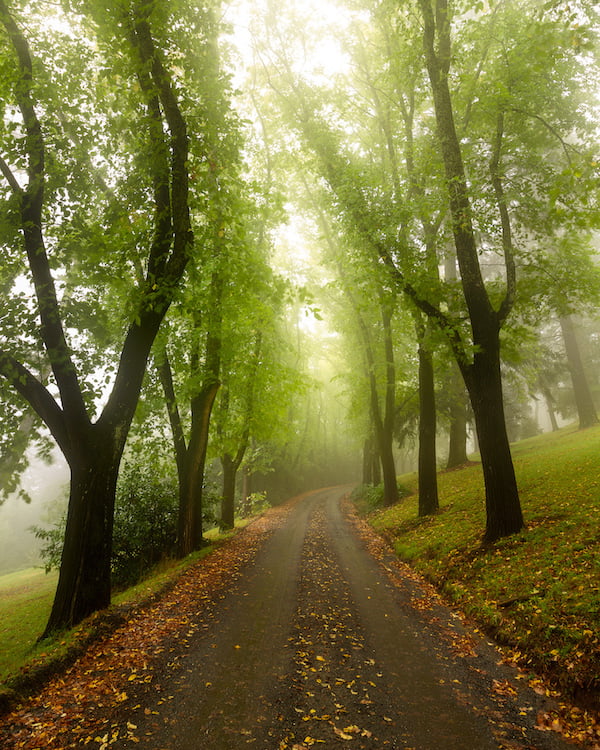
“Many things occur between God and [humans] which escape the attention even of those to whom they happen.” —Abraham Joshua Heschel
Consider this: If we compressed creation history down to one year, with the Big Bang occurring on January 1, Homo sapiens would not arrive until 11:59 PM on December 31st. We are but a blip in the history of this universe. To my mind, it is crazy to think God was not present in—incarnated in—our world until the last tiny blip of chronological time when a Palestinean man named Jesus was born. Indeed, the Prologue of John says God’s active presence among us, which is what’s meant by the theological term “the Word”—God’s active presence among us—made all things from the very beginning: ‘The Word’ “was in the beginning with God. All things came into being through him, and without him not one thing came into being.” As proposed by Franciscan teacher Richard Rohr, another way of thinking about what’s here called ‘the Word’ is to say ‘the Blueprint’ or the Universal Christ presence. The Universal Christ was in the beginning with God. All things came into being through the Christ, and without the Christ not one thing came into being. This very present God was always inherent in creation and among us. Jesus—with his radical “yes” to incarnation—helps us to see it. But Jesus’s life 2000 years ago was not the first instance of God’s active, enlightening/enlivening presence with us.

This is good news, friends. I want to tell you: this world, this life of ours is full of enchantment and wonder. It always has been. This created world has always been spirit-filled. But we have to be ready, paying attention so that we don’t miss glimpses of God’s presence in and around us. So often we miss that presence. Here’s a story of a time I almost missed it.
The tale begins in Scotland where I was studying for a PhD at the University of St. Andrews. It was 1998. So much about the experience had overwhelmed me—moving to another country, the difficult academic program, a new marriage, and the worsening of a chronic illness that would go undiagnosed for many years. I was drowning in the experience, the demands, in my insecurities. But one day as I stood in the pew of an old Church of Scotland cathedral, I experienced an in-breaking of God’s spirit into my day-to-day life. It came in the form of a poem set to music, a hymn based on verse by John Greenleaf Whittier. The words—which I will share in a moment—came to me like medicine and spoke somehow to my stressed-out, depressed, and overwhelmed heart.
As a matter of fact, something about the words struck me as so healing, so important, that I sat in the pew that Sunday memorizing one verse in particular. It spoke the truth my desperate heart needed to hear. Starting that afternoon, I began reciting that verse—its five simple lines—like they were a lifeline. From that day on, I said those words as a mantra, repeating the lines literally dozens of times a day as they worked their healing in me. I did this, whispering those lines or reciting them silently in my head, for days, weeks, then months, and almost for years. Those singular words truly became a part of me. Yet eventually, as my life calmed down, I did so less and less. After a time, I’d stopped the practice and mostly forgotten the incident.
This World is Full of Enchantment
Fast forward roughly two years from that Sunday in the old stone cathedral. I had been hired to teach two courses at my small alma mater, and again was feeling stressed out, drowning in fear and insecurity. It was a difficult time in my life, the year 2000, and that day I showed up to teach my courses for the first time, feeling like a fraud and failure. It was almost comical how inadequate I felt! I arrived early to retrieve the key to my shared adjunct office which was really no bigger than a broom closet. There was nothing in the office but a barren desk with a telephone book. One small bookshelf held a few skinny volumes. I took a pen and notebook from my briefcase and sat at the desk to await the proper time to go to my class. My pen literally shook, I was so scared.
But just then, I noticed something. On the corner of that little barren desk, in that little barren office, was a tattered square of paper. It was taped down with weathered Scotch tape. I noticed on this paper some words. Now this is where I have to admit: I was so distracted and afraid and self-absorbed that I almost missed it. Do you know what was printed on that old, tattered square of paper? Yes. The obscure words from the John Greenleaf Whittier hymn that I had learned that Sunday in Scotland and that I had repeated literally thousands of times in my head as a prayer. Those very words—my words, the words that had been like medicine for my soul during times of greatest need, the words I most needed to hear at that moment—somehow, by some wondrous miracle, were printed on an old scrap of paper taped to the desk in my tiny shared office.
The words go like this: Drop thy still dews of quietness/ till all our strivings cease./ Take from our hearts the strain and stress,/ and let our ordered lives confess,/ the beauty of thy peace.
And here’s the thing: This is not the only time I have experienced such an in-breaking of God’s presence into my all-too-human life like a sacred arrival. I admit, it is also not the only time I nearly missed God’s spirit because I was too self-absorbed and wasn’t paying attention. In fact, surely several more such experiences did happen to me, and I missed them. Because I believe such experiences, such gifts of reassurance and revelation and love straight from God, are waiting for us all. They are the coming of Christ into our lives. In the poetry of songwriters Andy Milne and Bruce Cockburn:
“…In grains of sand and galaxies
In plasma flow and rain in trees
In the sepia swell of silted-up surf
In the ebb and the flow of dying and birth
In wounded streets and whispered prayer
The dance is the truth and it’s everywhere….”
{from “Everywhere Dance” by Bruce Cockburn}
Wren, winner of a 2022 Independent Publishers Award Bronze Medal
Winner of the 2022 Independent Publisher Awards Bronze Medal for Regional Fiction; Finalist for the 2022 National Indie Excellence Awards. (2021) Paperback publication of Wren , a novel. “Insightful novel tackles questions of parenthood, marriage, and friendship with finesse and empathy … with striking descriptions of Oregon topography.” —Kirkus Reviews (2018) Audiobook publication of Wren.















